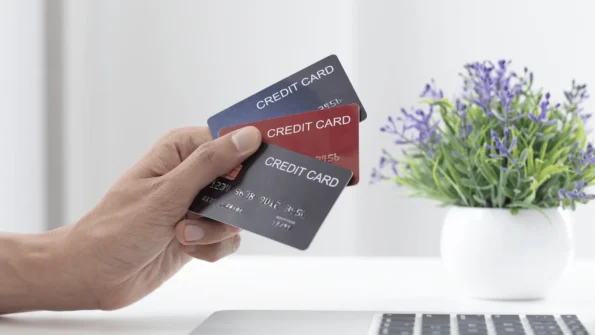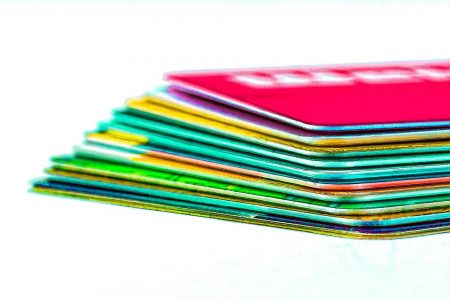Credit cards are great financial tools; it eases up transactions without having to move around with lots of cash. Aside from coming in handy when needed, they offer great rewards programs that allow you to save money on your daily spending. Nonetheless, it is important to note that credit card funds is not free money. You are required to pay the balance of your credit card monthly. You can either pay in full or split your payment, the most important thing is to make timely payment regularly.
How Do You Overpay?
There are several ways you can overpay your credit card bill, though most are no faults of yours. They are:
- Manual Payments
One of the most common ways you end up overpaying your credit card bill is by inputting your payment amount manually. Every card issuer has an option of either online payment or manual payment. Once you choose a manual payment method, you will be required to put the digit yourself. This is where the error comes in because there is a custom amount option, full payment or minimum payment.
If you input the wrong amount, regardless of whether you swapped or added an extra number, it means you have overpaid. So far, many card companies restrict the amount you can pay to no more than the full balance, while some allow you to overpay. Another way is if you pay by check, if you write the wrong digit on the check, you end up sending more than what you owe.
- Wrong Channel
You can overpay your credit card bill if you use the wrong channel to pay. That is, using manual payment when they have automated the payment. Most card issuers provide the option for cardholders to automate their monthly payment. With this automatic payment turned on, you can overpay when you pay manually again. If this happens, your automated payment will reflect on your old balance.
- Refund
Another way you can overpay a credit card is by getting a refund from your issuer. This happens mostly in a case where you return a purchase and you are refunded. In this case, you end up with an overpaid credit card, even after paying what you owed at that time.
How to Redeem Your Fund
When you overpay your credit card bill, your account automatically reads negative, which means your issuer owes you money. It is advisable to avoid overpaying if possible. Situations happen and you overpay, below are few ways to salvage the situation.
- Spend it
When you realize you overpaid your credit card, the easiest way out of it is to continue using your card. It means you have pre-paid for the future. All your future procurement will be applied to the negative balance you have. Once your balance is back to the level where you owe, you can resume normal payment.
- Ask For a Refund
The overpaid fund is still yours though you paid to the card issuer. Most credit card companies do not mind sending a refund of the overpaid amount. All you have to do is contact the issuing company.
- Ignore
This is the least recommended option because you are leaving the fate of your fund to the issuing company. Normally, Credit Card Company refund negative balance after 6 months if unused. There is no guarantee you will get your money back if you do not ask for it. Also, if you change addresses or they can’t get in touch with you, you won’t get a refund.
Overpaying Credit Card to Increase Limit
Sometimes your credit limit might hinder you from purchasing certain high-value items. If this happens, you can apply for your credit limit to be increased though it might take several days or weeks to get it done. Or you can temporarily increase your credit limit by overpaying your credit card. Though depending on your bank’s terms, you might not be allowed to overpay or there might be a limit to the amount you can overpay.
You do not have to wait for days for your application for the credit limit to be approved. Simply overpay your current credit card balance. This will form a negative balance on your credit card, which you can use as an extension to your credit limit.
If you accidentally pay your credit card balance in full, a refund will be sent back to you by your card issuer. Your card issuer refunds the amount over the minimum payment due. Not that the refund might take longer than projected, but be rest assured that you will be paid.












